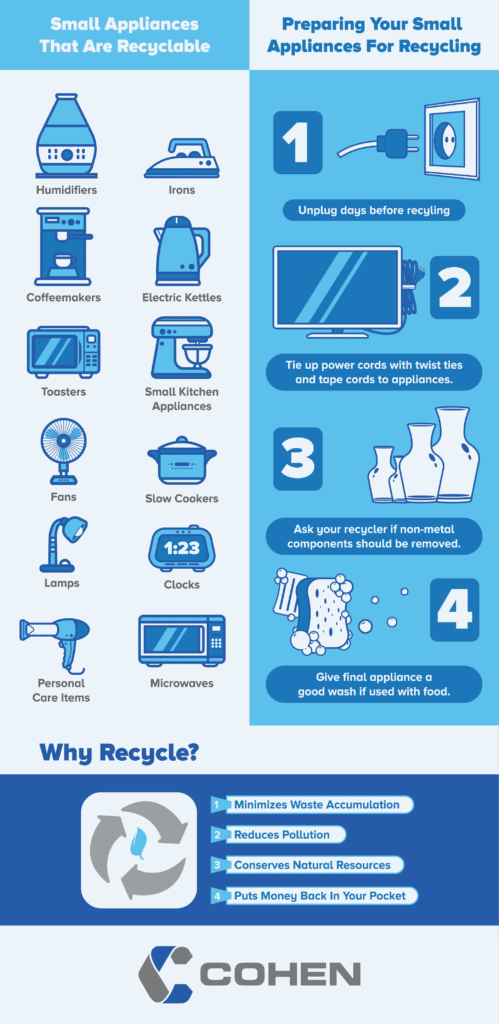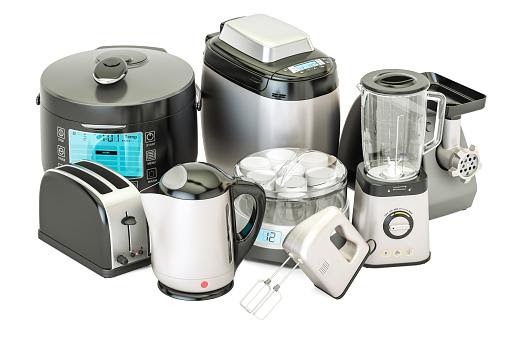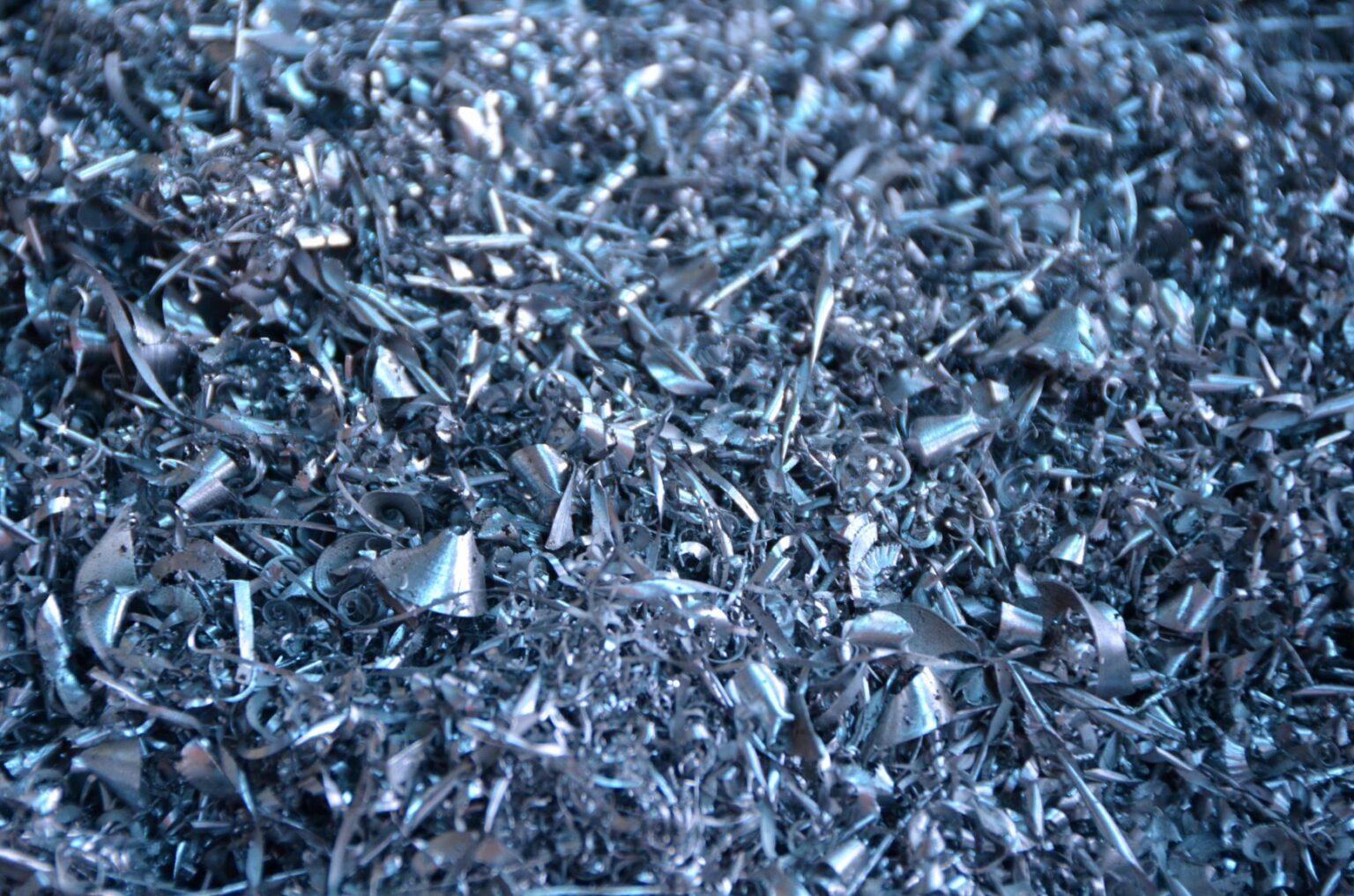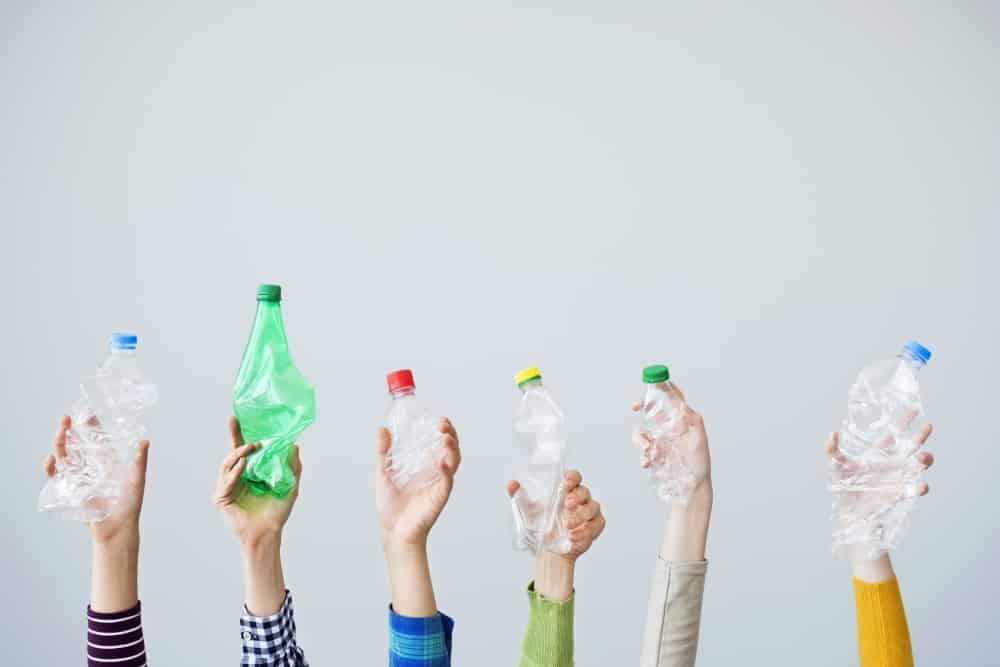Small appliances are helpful for everyday use. They will help you to cook faster and even fire up devices around you. Blenders, toasters, grinders, food processors, water softeners, electric kettles, coffee makers, and others are built to last, and depending on how heavily you use them, they will – but not forever. Meanwhile, each new generation of appliances boasts more convenient features, leading many people to upgrade even before their old appliances are ready to be retired for good.
Whatever your reason for getting rid of your old appliance, the day will come when you have to decide what happens to it next. Before putting it out on the curb on trash day, consider these more sustainable alternatives.
How Can You Dispose of Small Appliances?
There are several options you can take when you want to get rid of your small appliance. What you choose will depend on whether the device still has some life left in it, and whether you want to be paid for it. Some of the most useful ways include:
Give to Charitable Organizations
Check around you and go online to find charitable organizations that take household goods and electronics. Popular ones like Value Village, Salvation Army, and Goodwill are usually open to receiving any small appliance that is in working condition.
Also, sometimes you’re expected to pay a fee, so make sure you verify their process before agreeing or heading out.
Resell Appliances
If your appliance is in working condition, consider reselling it to someone who will keep using it. Some vintage appliances may appeal to collectors, hobbyists, even if they’re not in perfect condition or still useful. Listing these items online, in neighborhood groups, or with a local auction house could find you a buyer fast! Community rummage sales or garage sales are also a great way to unload working appliances.
Another option is to sell your appliance to scrappers and salvagers who will dismantle the appliance and sell valuable parts like steel, glass, and plastic.
Take It To A Scrap Yard
If you’re looking to get rid of an old or worn-out appliance, search for appliance recycling services around you. Recycling is usually the best option for making the best out of a seemingly useless appliance. Appliances use electricity and often have motors (think: hairdryer) or heating elements (think: electric kettle), all of which rely on metals like copper, aluminum and steel that can be recycled over and over again. Doesn’t it seem wasteful to send all of that to a landfill, where it will stay, forever? Instead, find a recycler to take your appliance.
What Is Small Appliance Recycling?
Appliance recycling is the process of gathering and dismantling home appliances. It involves scrapping useful parts to make new products instead of throwing them in the trash. Appliances typically contain a number of different materials including metals, glass and plastic, that can be separated and recovered. Once processed and decontaminated, recyclable materials go back into manufacturing and often become entirely different products!
Manufacturers often prefer working with recycled materials because it can be less expensive and more energy efficient to use material that has already been processed instead of brand new material every time. Metal and glass are special because unlike paper, cardboard, and plastic, they can be recycled near-infinitely and not break down or lose their usefulness. And using things for as long as possible is a huge part of reducing waste.
So whether your appliance goes on to a new home or is recycled into material to make new products, you’re doing something sustainable by not trashing it.
What Household Small Appliances Can You Recycle?
Almost any small appliance with a charging station or a power cord is recyclable. That’s because they contain recyclable metal including copper, steel, and aluminum. Common small appliances you can recycle include:
- Humidifiers
- Irons
- Coffeemakers
- Electric kettles
- Toasters and toaster ovens
- Mixers, Food processors and Blenders
- Slow cookers (crockpots)
- Fans
- Lamps and lighting
- Clocks and alarm clocks
- Hair dryers and other personal care items like curling irons, clippers, and electric toothbrushes
- Microwaves
If your appliance isn’t on this list, a good rule of thumb is that if it takes batteries or uses power, it’s likely recyclable. Call your local recycling center if you’re not sure.
Looking for information on how to recycle a TV? TVs and monitors are a little different from other household appliances and even other electronics. Learn more about TV recycling here.
Prepare Your Small Appliances for Recycling
You really don’t need to do much to prepare your coffeemaker, toaster oven, or other small appliance for recycling. If you want to help out the recycling service, though, there are some small steps you can take to ease the process.
Before you send out your appliance for recycling, here are a few things you can do:
- Unplug your small appliance days before recycling. Doing this will help cool down all the parts, especially the metal parts that will be disassembled and recycled.
- Tie up the power cords of heavier appliances like bread makers and microwave ovens with twist ties or use the power cords. Then, tape the cords into the units so that they won’t cause any accidental trips.
- If a small appliance has removable parts not made of metal, ask your recycling provider whether they will be able to recycle. Usually, removable parts made with tempered glass or plastic are not entirely recyclable. A scrap recycler might want your coffeemaker but not the glass carafe, for instance.
- If your appliance was used for food, give it a final wash and rinse.
Why Should You Recycle Small Appliances?
Recycling is beneficial to both humans and the environment. Appliance recycling helps individuals, businesses, and the government move closer to circular-economy goals.
Here are a few reasons you should choose appliance recycling over disposal:
Recycling Minimizes Waste Accumulation
Without recycling, countries will soon run out of landfill space. But recycling your appliances will contribute to keeping 35% of trash out of incinerators and landfills. These appliances are made out of valuable resources that are also limited.
To Reduce Pollution
Extracting raw materials from the earth pollutes the environment. The more that gets recycled, the less need there is to mine, drill, and strip the earth’s natural resources. Much of the waste that goes to U.S. landfills is incinerated, which also produces pollution; the more that gets recycled, the less need there is to burn waste to make room for more.
Conservation of Resources
Manufacturing processes consume a ton of energy and water, but manufacturing with recycled material is less intensive and often less expensive than using freshly made metal, glass and plastic every time. Metal and glass are infinitely recyclable: they never break down or lose the properties, like conductivity, that make them useful. Manufacturers will always have a need for material to make their products, and recycled material simply makes the most sense.
You Can Put the Money Towards A New Appliance
Scrapping your old small appliances is unlikely to earn you a lot of money, but what you do get, you can use toward buying its replacement. Small appliances often have just a small percentage of metal content (by weight) and will be graded as “contaminated” scrap if they also have plastic, rubber, glass or other materials. This type of scrap is not the most valuable, but it’s still more than you would get by tossing it out with the trash.
Clear up Your Clutter with Cohen
Old appliances are one of the most common types of household clutter that there never seems to be the right opportunity to get rid of. Fortunately, now you know that when they’re at the end of their useful life, you can recycle them.
Cohen accepts appliances large and small, as well as computers, cars, and anything else you can think of that’s made of metal. We have professional and experienced metal recyclers who will make it easy for you to get in and out of our yard safely and conveniently.
Check out this First Timer’s Guide to be walked through the recycling process. Call your nearest Cohen recycling center for current pricing and help with any other questions you may have.






